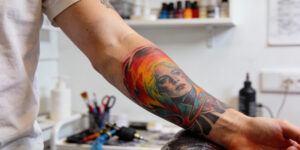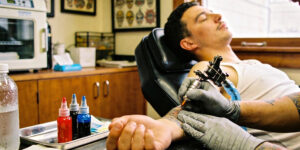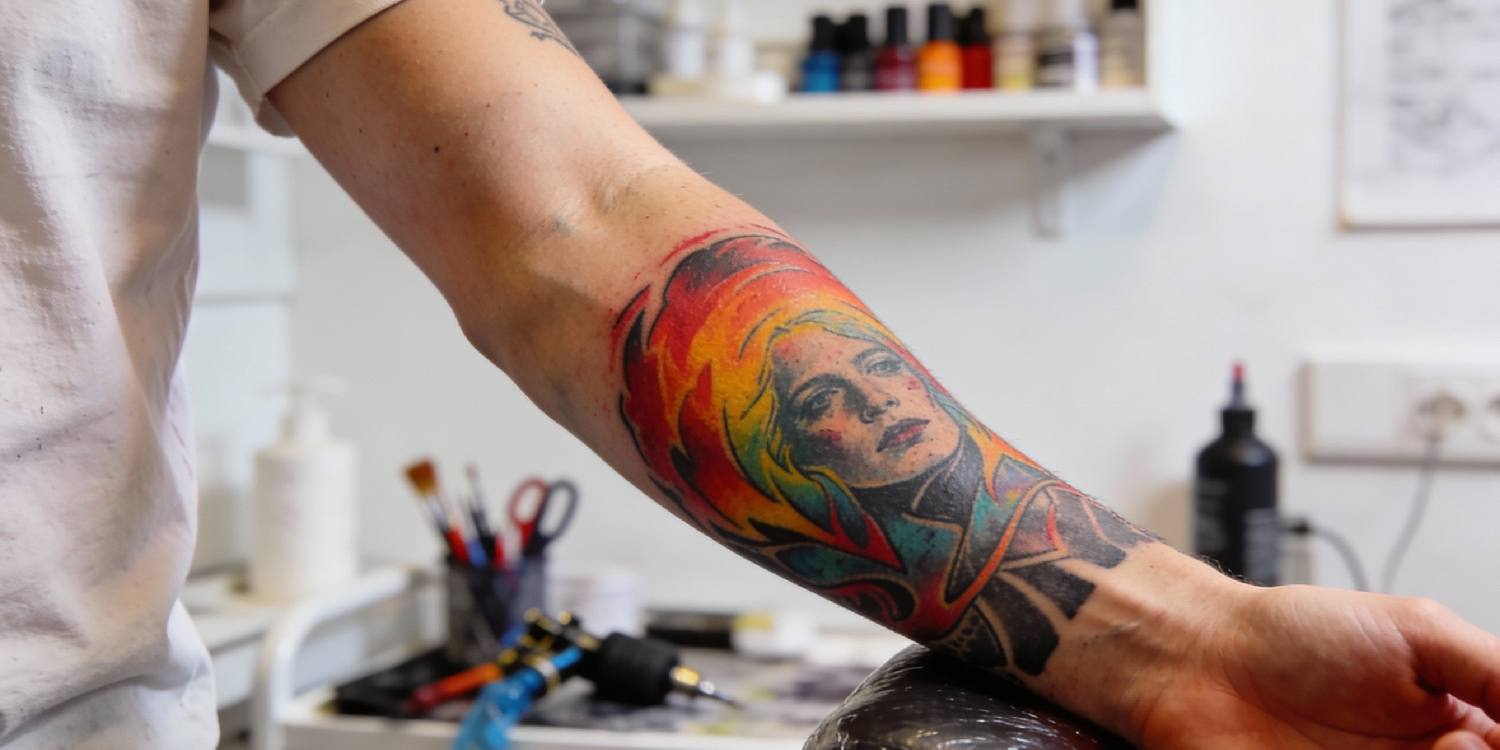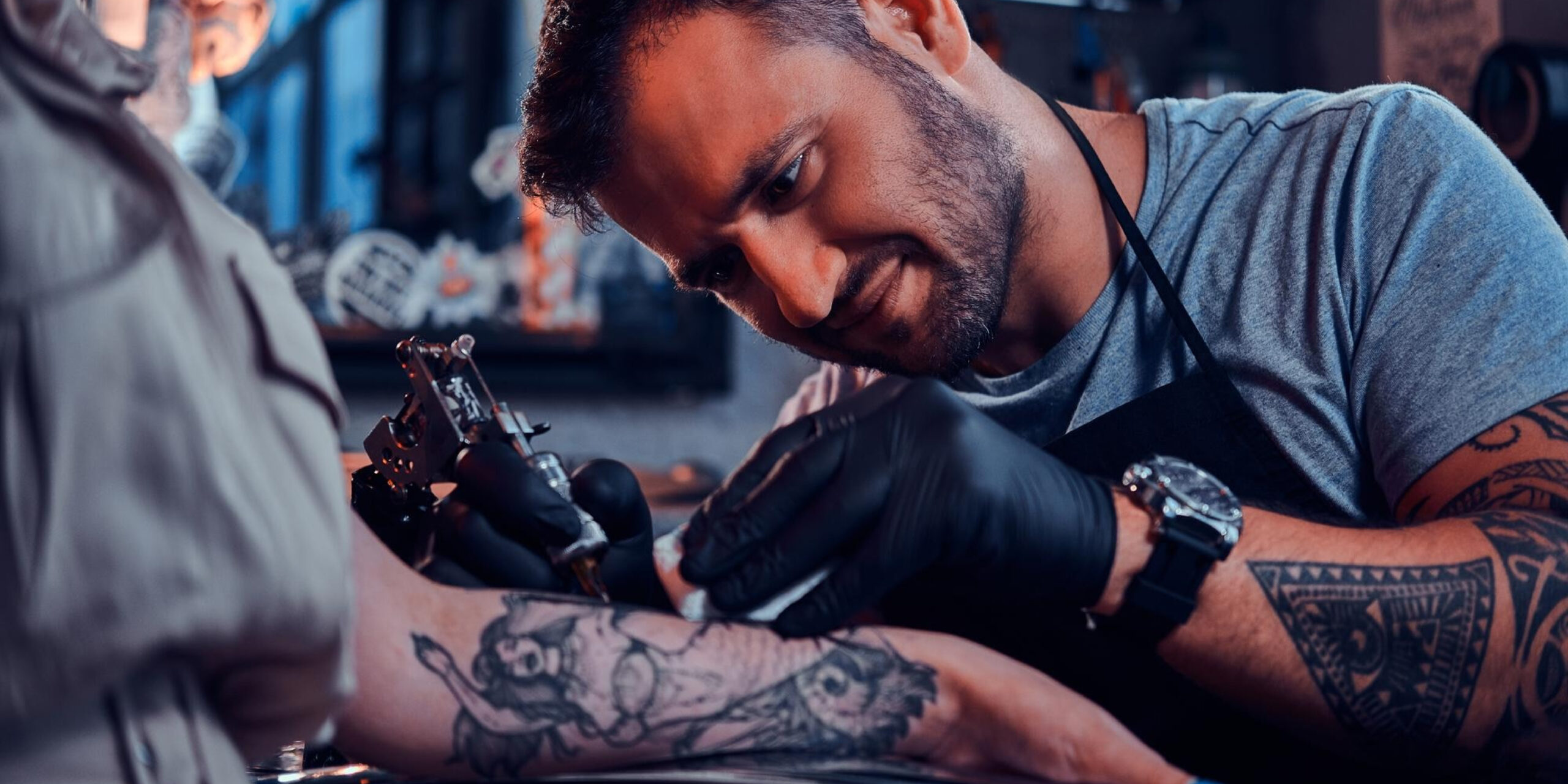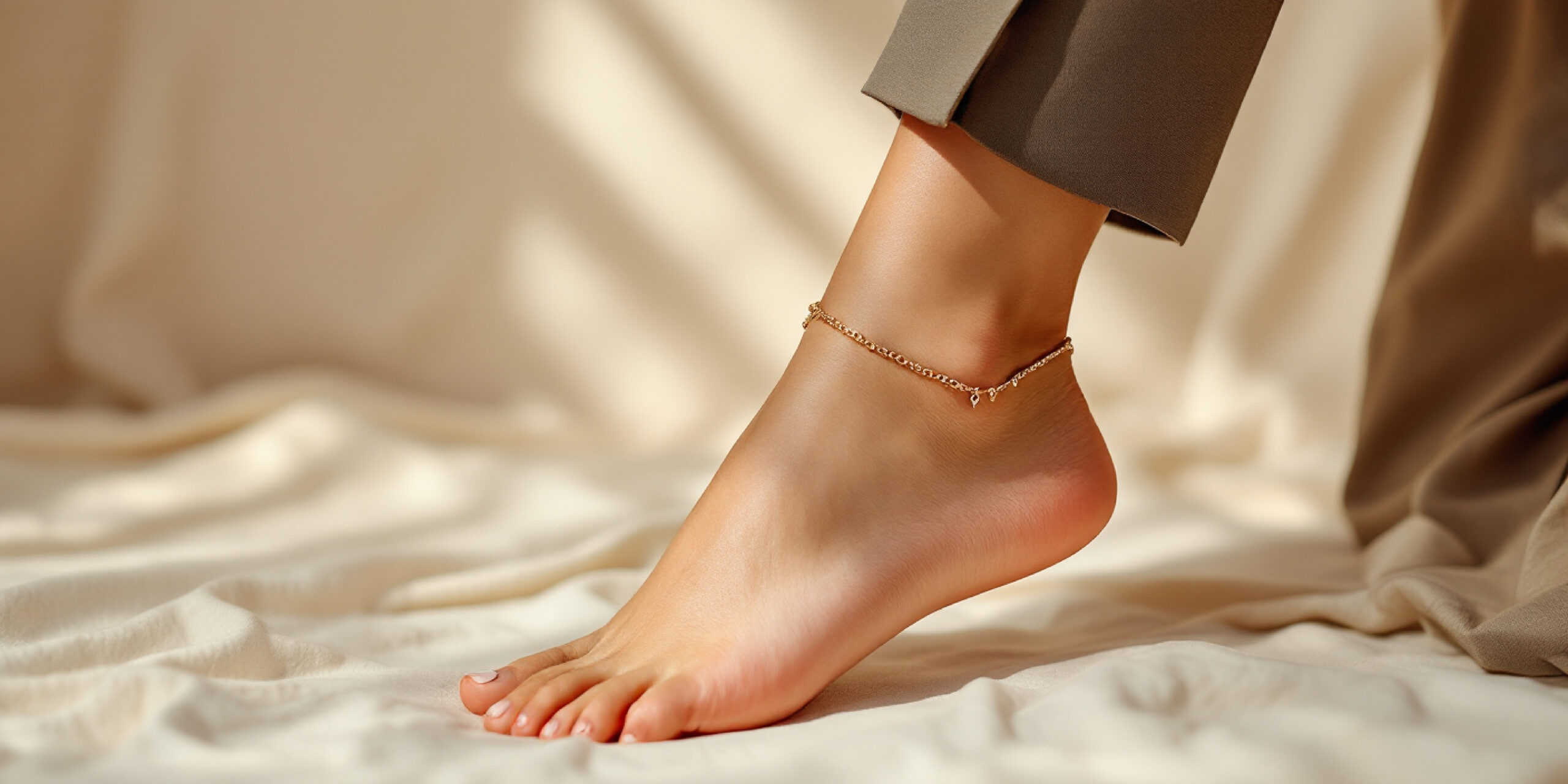“Master the Art of Body Piercing with the Ultimate Guide: Body Piercing: The Complete Guide and What You Should Know”
Body piercing has been a popular form of self-expression for centuries. From nose rings in ancient India to belly button piercings in modern-day America, body piercing has evolved over time and continues to be a popular trend. However, before getting a body piercing, it is important to know what you are getting into. In this article, we will cover everything you need to know about body piercing, including the different types of piercings, the risks and precautions, and aftercare tips.
There are many different types of piercings that you can get on your body. Some of the most popular include:
Ear Piercings: This is the most common type of piercing and can include a variety of styles such as the standard lobe piercing, helix piercing, tragus piercing, and daith piercing.
Facial Piercings: These can include nose piercings, eyebrow piercings, lip piercings, and cheek piercings.
Body Piercings: These are piercings on areas of the body other than the face or ears, such as belly button piercings, nipple piercings, and genital piercings.
Surface Piercings: These are piercings that are placed on flat surfaces of the body, such as the collarbone, back of the neck, or wrist.
Risks and Precautions
While body piercing is generally safe, there are some risks involved. While body piercing is a popular form of self-expression, it also involves certain risks that should be taken into consideration before getting a piercing. Some of the risks associated with body piercing include infections, allergic reactions, scarring, and nerve damage.
Some of the potential risks of body piercing include the following:
Infection: Any time you break the skin, there is a risk of infection. If the piercing is not done in a sterile environment or if proper aftercare is not followed, an infection can occur.
Allergic Reactions: Some people may be allergic to the metal used in the piercing, which can cause an allergic reaction.
Keloids: Some people may develop keloids, which are raised scars around the piercing site.
Nerve Damage: Piercings can damage nerves in the area, which can cause temporary or permanent numbness.
To minimize these risks, it is important to choose a reputable piercer who uses sterile equipment and follows proper aftercare procedures. Make sure to ask about their sterilization process and credentials before getting a piercing.
Proper aftercare is essential for preventing infection and promoting healing after getting a body piercing. Here are some general aftercare tips for different types of piercings:
Ear Piercings:
Clean the piercing at least twice a day with a saline solution or mild soap and water.
Avoid sleeping on the pierced ear until it has fully healed.
Avoid changing the earring too early, as this can cause irritation and slow down the healing process.
Avoid swimming or exposing the ear to any other bodies of water for at least a few weeks.
Facial Piercings:
Clean the piercing at least twice a day with a saline solution or mild soap and water.
Avoid touching the piercing with dirty hands.
Avoid using makeup or skincare products on or around the piercing until it has fully healed.
Avoid swimming or exposing the piercing to any other bodies of water for at least a few weeks.
Clean the piercing at least twice a day with a saline solution or mild soap and water.
Avoid touching the piercing with dirty hands.
Avoid wearing tight clothing or engaging in activities that may cause friction on the piercing until it has fully healed.
Avoid swimming or exposing the piercing to any other bodies of water for at least a few weeks.
In addition to these general aftercare tips, it is important to follow any specific instructions given by your piercer. They may recommend a specific aftercare product or provide additional advice based on the type of piercing you have and your individual needs.
Conclusion
Body piercing can be a fun and unique way to express yourself, but it is important to approach it with caution. By understanding the risks involved, choosing a reputable piercer, and following proper aftercare procedures, you can ensure that your piercing heals properly and stays healthy. If you are considering a body piercing, be sure to do your research and consult with a professional to make an informed decision.





